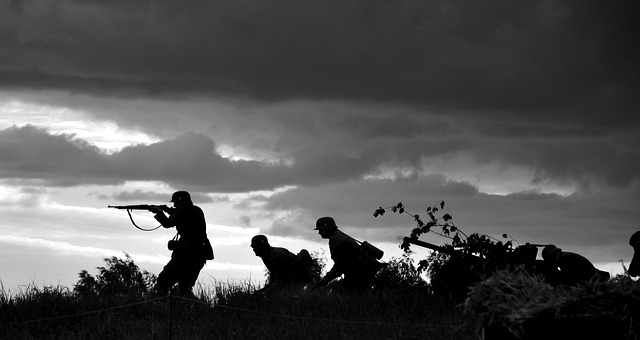Intelligence and information warfare are important and integral elements of any military conflict or crisis. The ability to gather information about the enemy, as well as manipulate information, can have a huge impact on the outcome of events. In this article, we will take a deeper look at the role of intelligence and information warfare in history and modern conflicts.
Intelligence: Basics and History
Intelligence is the process of gathering information about an adversary, including their strategies, tactics, resources, and intentions. The history of intelligence goes back centuries, and reconnaissance operations have always been an integral part of military conflicts. With advances in technology, intelligence has become more sophisticated and technically advanced, but its purpose has remained the same – to provide an advantage on the battlefield.
Types of Intelligence:
- Technical Intelligence: Includes the collection of information using technical means such as satellites, radio interception, and cryptanalysis. This type of intelligence provides information that may not be available to intelligence agents in the field.
- Human intelligence: Based on the work of scouts and agents in the field. They may embed themselves in enemy organizations, gather information from sources within, or reconnoiter in danger zones.
- Signal Intelligence: Focuses on the collection and analysis of electronic and signal data. Includes electronic reconnaissance and tracking of enemy electronic communications.
Information Warfare:
Information warfare is the struggle for power over information and to influence public opinion. It involves spreading misinformation, manipulating information, and using media as a tool of influence. In the age of the internet and social media, information warfare is of particular relevance.
Modern Examples of Information Warfare:
- Cyberattacks and Cyber Intelligence: Modern conflicts include cyberattacks to attack critical information systems and infrastructure. Cyberintelligence allows the enemy to gain access to sensitive data and secrets.
- Propaganda and disinformation: States and non-state actors actively spread misinformation and manipulate public opinion through social media and news platforms.
- Psychological Warfare: This aspect of information warfare involves attempts to influence the enemy’s mental state and psychology to weaken their morale and resolve.
Ethics and Morality:
Intelligence and information warfare often raise questions of ethics and morality. Using false information or attacking civilians and targets can have serious consequences and cause moral dilemmas.
Conclusion:
Intelligence and information warfare remain important elements of modern warfare. The ability to gather information and control its dissemination can have an enormous impact on the outcome of a conflict. In an era of high technology and globalization, these aspects of military operations have become increasingly complex and decisive.


